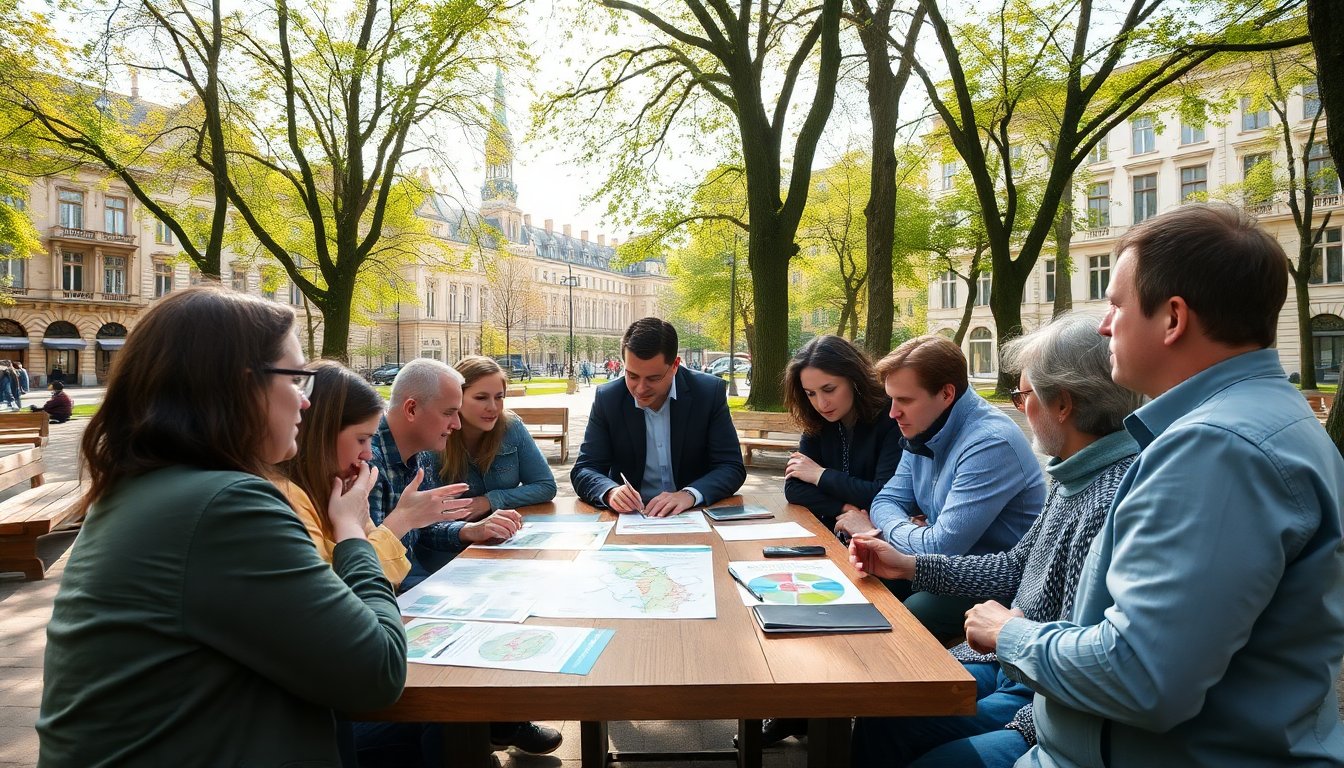Table of Contents
In the heart of Europe, a transformative experiment in governance is taking shape in a small region of Belgium. Here, the conventional approach to democracy is being challenged as ordinary citizens become instrumental in shaping policies that affect their lives. This initiative fosters a sense of community and rekindles public trust in governmental structures.
The concept of engaging ordinary citizens in decision-making processes is gaining traction worldwide. However, its execution in this Belgian region stands out as a beacon of hope amid widespread disillusionment with traditional political systems. Participants in this program report newfound confidence in their government, indicating a potential pathway for revitalizing democratic processes.
Citizen participation: The cornerstone of policy-making
At the core of this experimental model lies the belief that democracy should not be the exclusive domain of elected officials. In this region, a diverse group of residents is recruited to collaborate on policy development, ensuring that a variety of voices and perspectives are heard. This initiative challenges the perception that only those with political backgrounds can contribute effectively to governance.
Empowering the community
Participants are selected through a random lottery system, representing a cross-section of the community. This method ensures that individuals from all walks of life bring their unique experiences and ideas to the table. As one participant noted, “Being part of this process has made me feel like my voice truly matters.” Such empowerment enhances individual agency and cultivates a sense of shared responsibility among community members.
The program’s organizers emphasize the importance of transparency and inclusivity in discussions. Every stage of the policy-making journey is documented and shared with the public, fostering an environment of accountability. This openness encourages more citizens to engage, creating a positive feedback loop that strengthens the democratic fabric of the region.
Rebuilding trust in governance
The initiative’s success is evident in the growing enthusiasm among participants and the broader community. Many citizens, once skeptical of government efficacy, are now optimistic about the potential for real change. The tangible results of their contributions are reflected in policies that directly address local issues, from environmental concerns to public health initiatives.
A model for others to follow
As Belgium’s experiment continues to unfold, it offers valuable insights for other regions grappling with democratic deficits. By placing citizens at the center of the policy-making process, this model demonstrates how grassroots involvement can lead to more responsive and relevant governance. The outcomes could serve as a blueprint for revitalizing democratic engagement in various contexts, encouraging citizens to take an active role in shaping their futures.
This innovative approach highlights that democracy can be more than just voting every few years; it can be a continuous, participatory process that fosters connection and collaboration among citizens. The success of this initiative in Belgium may inspire similar movements across Europe and beyond, rekindling the spirit of democracy that many believe is fading.


